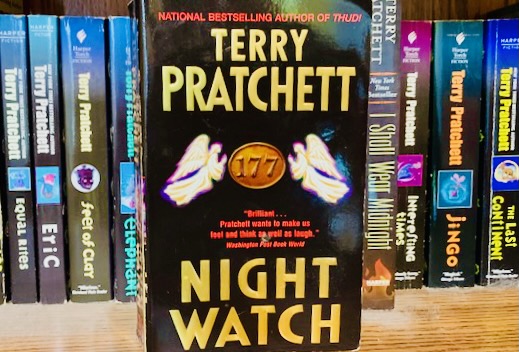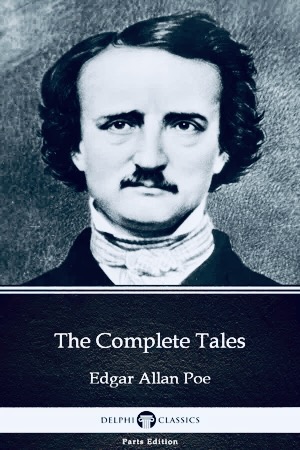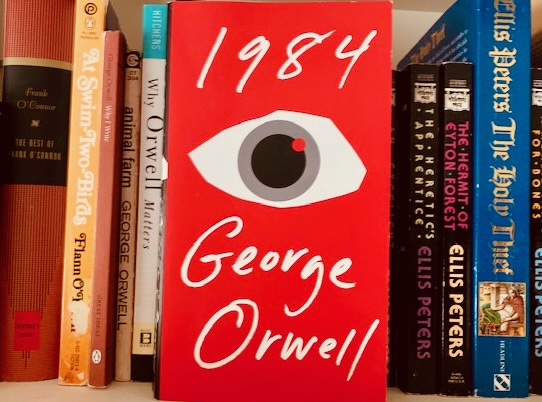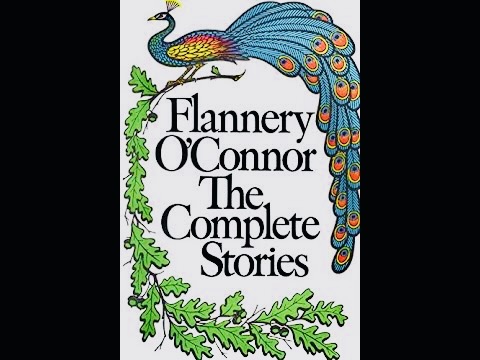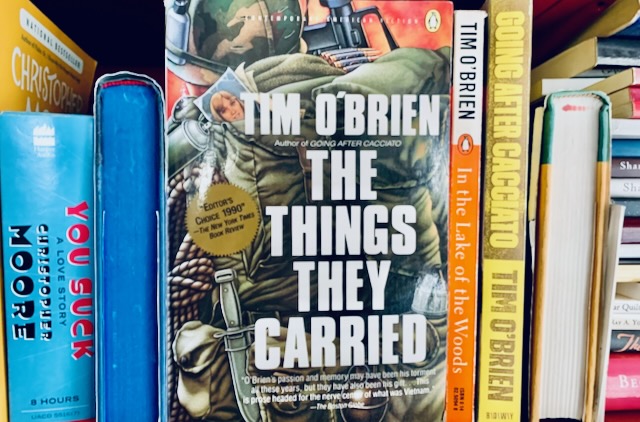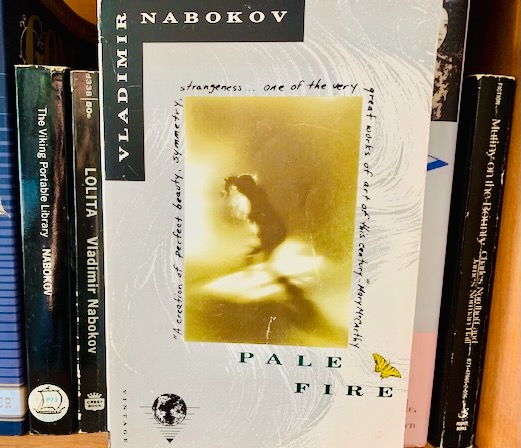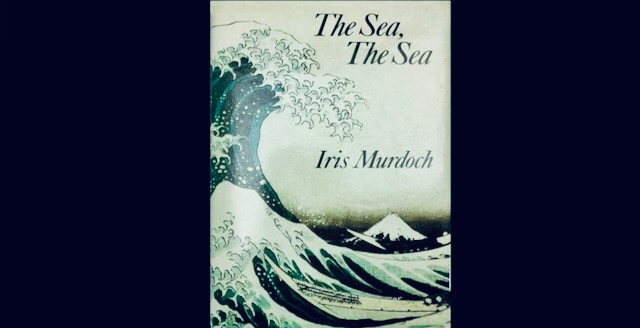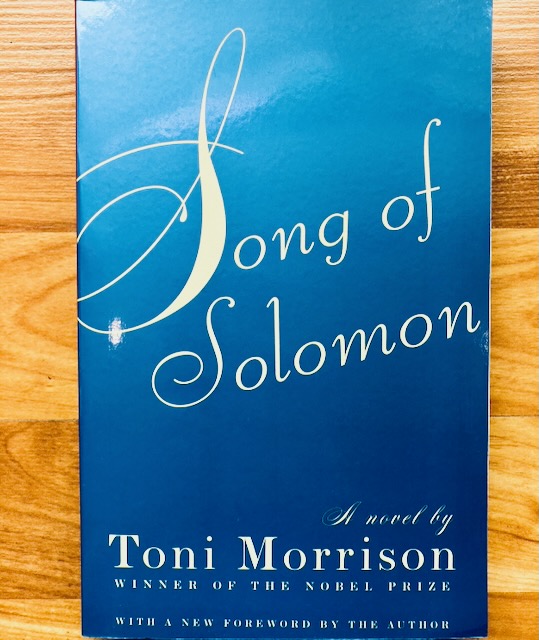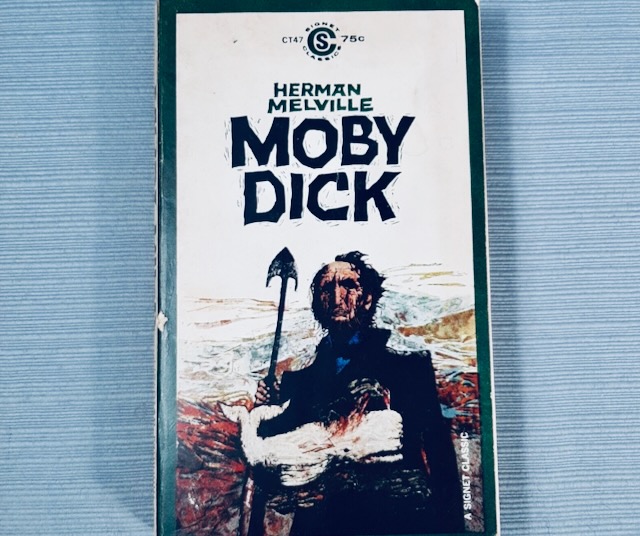https://www.petwantsclt.com/petwants-charlotte-ingredients/ Here’s a trivia question for you: Who is the best-selling British author over the past 35 years whose name is not J.K. Rowling? Give up? It’s Terry Pratchett, author of the popular Discworld fantasy series, who has sold well over 100 million books and has been translated into 43 languages. Pratchett was the best-selling UK author of the 1990s,… Continue reading Terry Pratchett’s “Night Watch”
Category: Review
Edgar Allan Poe’s “Complete Tales”
Edgar Allan Poe published mainly in the periodicals of his day, and never was able to publish a complete collection of his short stories during his lifetime. Collections of his stories have been edited and published many times since his death, and my recommendation here is that you find one and read his tales in… Continue reading Edgar Allan Poe’s “Complete Tales”
George Orwell’s “1984”
Eric Blair, better known by his pen-name George Orwell, published his ninth and last book in June of 1949. The dystopian novel depicts a totalitarian society characterized by mass surveillance of its citizens, the censorship of information coupled with widespread government propaganda, and the severe punishment of dissidence or nonconformity. It is especially noteworthy for… Continue reading George Orwell’s “1984”
Flannery O’Connor’s “Complete Stories”
I mentioned last week that The Things They Carried was not going to be the last short story collection to appear on my list of the “100 Most Lovable Novels in the English Language,” because I’m allowing the list to include shorter forms of fiction. And indeed, here’s one now. Interesting coincidence that two of the most… Continue reading Flannery O’Connor’s “Complete Stories”
Tim O’Brien’s “The Things They Carried”
Okay, so when I say that I’m naming Tim O’Brien’s The Things They Carried as book number 65 (alphabetically) on my list of the “100 Most Lovable Novels in the English Language,” I can hear you saying “But wait Jay Ruud, how can you do such a thing? Your list says ‘Most Lovable Novels.’ This book doesn’t… Continue reading Tim O’Brien’s “The Things They Carried”
Vladimir Nabokov’s “Pale Fire”
When most readers think of Vladimir Nabokov, the Russian émigré author who came to the U.S. to teach Russian at Cornell University and began to write novels in English, they think most often of his 1955 novel Lolita, which was a huge best seller and ranked number four on the Modern Library list of the 100… Continue reading Vladimir Nabokov’s “Pale Fire”
Iris Murdoch’s “The Sea, The Sea”
Iris Murdoch, one of the most honored British writers of her generation, wrote 26 novels over the course of a 40-year writing career, the earliest of which, Under the Net, is a delightful read and appears on both the Modern Library’s list of the 100 greatest English language novels of the 20th century, and Time magazine’s list of the… Continue reading Iris Murdoch’s “The Sea, The Sea”
The 100 Most Lovable Novels in the English Language
As ranked on our podcast, “Between the Covers,” through Tuesday, May 27, 2025. To tune in to the podcast, try this link: https://betweenthecoverspodcast.podbean.com: 1. Catch-22 by Joseph Heller Catch-22 is a satirical, anti-war novel that follows the increasingly frantic attempts by the American bombardier Captain John Yossarian to stay alive. He has become convinced that everyone,… Continue reading The 100 Most Lovable Novels in the English Language
Toni Morrison’s “Song of Solomon”
Toni Morrison, winner of the 1993 Nobel Prize for literature, holds an almost mythic place in the annals of American literature, as the first African-American writer to win the Nobel Prize and only the second American woman to do so. Morrison’s most popular novel is of course the 1987 Pulitzer-Prize winning Beloved, a gut-wrenching book about… Continue reading Toni Morrison’s “Song of Solomon”
Herman Melville’s “Moby-Dick”
“Call me Ishmael.” The most famous opening line of any American Novel. And the novel that it opens, Herman Melville’s Moby-Dick, is one that has often been touted by its admirers as the “Great American Novel.” Moby-Dick makes its appearance on the Guardian list of the greatest novels in English, the Observer’s list of the 100 Greatest World novels, Penguin Classics’ list of… Continue reading Herman Melville’s “Moby-Dick”

